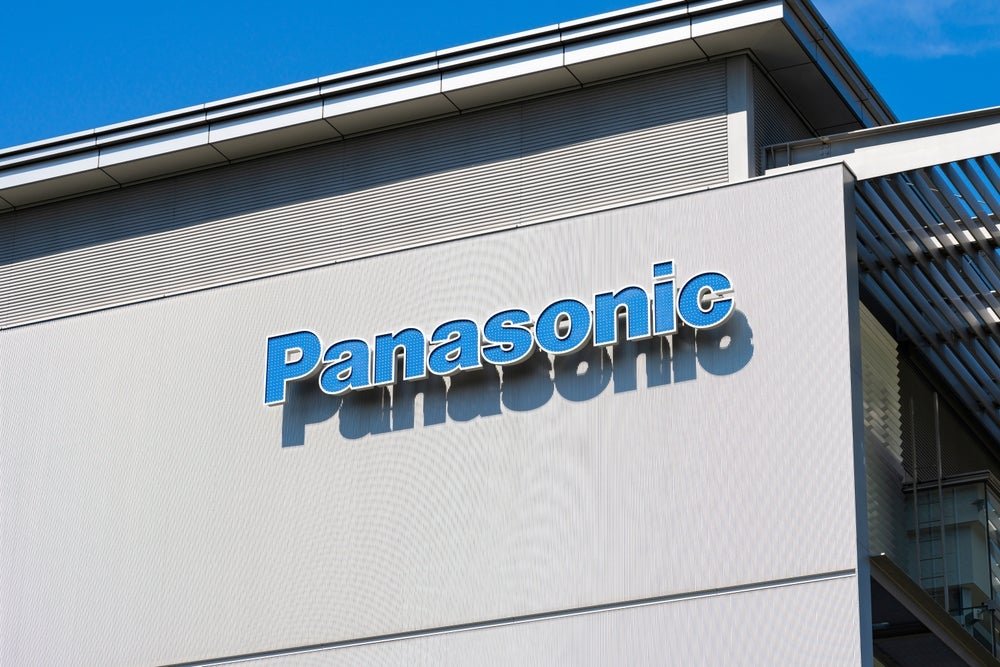Teva Pharmaceutical Industries, a leading global pharmaceutical company, has announced that it will not undergo a split into two separate entities, as previously speculated. The decision was confirmed by Teva’s Chief Executive, Richard Francis, who stated that the company will continue to operate as a unified entity, managing both its generics business and branded drugs.
According to Reuters, Francis emphasized that the two businesses complement each other well from an infrastructure point of view. The generics side of Teva plays a crucial role in funding the company’s research and development efforts. Teva has been able to leverage collaborations with Israeli universities on R&D projects, giving it a competitive advantage and eliminating the need for external funding for innovation.
Despite facing challenges such as the loss of exclusivity for the multiple sclerosis drug Copaxone and various lawsuits, Teva remains optimistic about its future. In a strategic move, the company announced its intention to divest its active-pharmaceutical ingredient (API) business in January, with approximately 4,300 employees. This move is aimed at maximizing current and potential revenue streams, with the divestiture expected to be completed in the first half of 2025.
The API business, valued at $1 billion in an $85 billion global market, is anticipated to attract significant interest as a standalone entity. Francis expressed confidence that the API business could grow more than its current 6% annual rate. Teva also plans to approach future M&A activities thoughtfully and appropriately as the company’s debt decreases.
In terms of stock performance, TEVA shares were up 0.88% at $13.14 on the last check Tuesday. The company’s decision to remain unified and strategic moves to optimize its revenue streams indicate a positive outlook for Teva’s future.
Disclaimer: This content was partially produced with the help of AI tools and was reviewed and published by Benzinga editors. Photo by Ralf Liebhold via Shutterstock.





